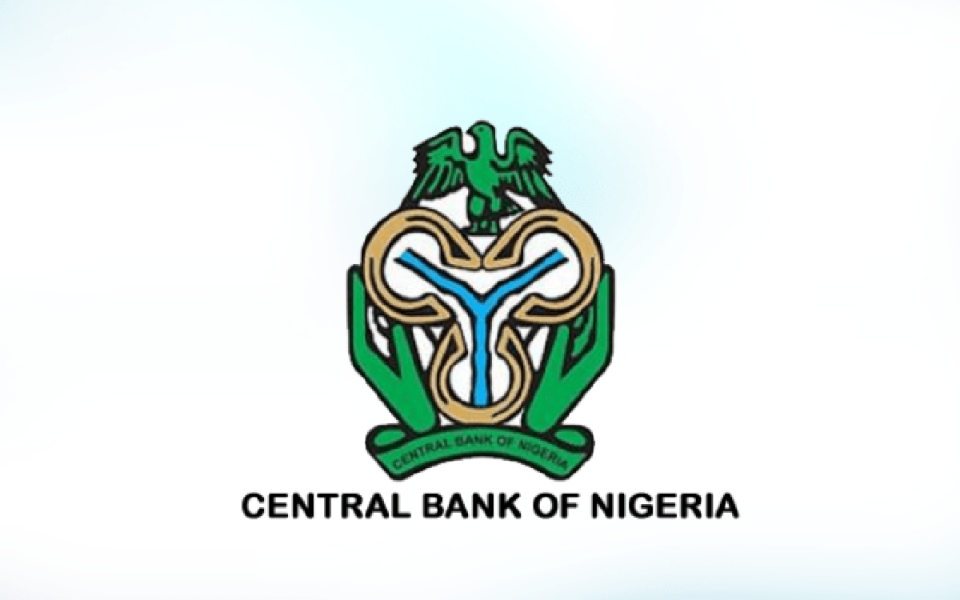*Hope rises for repayment oN1.5t CBN loans
*Misappropriation of funds by DisCos has been halted – TCN’s Eje
About two years after the escrowing of accounts belonging to 11 distribution companies (DisCos) by the Central Bank of Nigeria (CBN), stakeholders, yesterday, weighed options available to the country’s debt-laden power sector.
By escrowing, the accounts were locked, with cash allowed in and withdrawals by DisCos blocked. The accruing funds are thereafter allocated based on priority.
Under the original arrangement, loan repayment to the Federal Government was the priority followed by 100 per cent payment of market operators’ invoices, as well as invoices from the Nigerian Bulk Electricity Trading Company before others.
Fuelled by tariff shortfall, receivable collection, technical, commercial and collection losses, financial liquidity in the sector now hovers around N4trillion, affecting the balance sheet of commercial banks and reducing the sector’s attractiveness to needed investments.
It would be recalled that loans to the power sector from commercial banks stand at about N819.97billion, by the third quarter of last year, as banks are already warning that the loans could increase in the cost of risk for these banks.
National Bureau of Statistics had said the non-performing loans in the power sector stood at N33.22 billion at the end of 2020, out of N1.23 trillion NPLs recorded by banks.
While the financial crisis, especially unpaid debt led to rancorous development at the Abuja Electricity Distribution Company, the CBN reported that the combined indebtedness of power firms in the country currently stands at about N820 billion.
However, stakeholders insisted that there may have been a leeway for the power sector through the escrowing of the accounts by the CBN, as the development may have halted the misappropriation of funds by the utility companies, introduced transparency, increase revenue, enable the government to recover monies loaned to the companies while reducing the financial burden in the sector.
Be that as it may, others are demanding measures that would compel DisCos to perform, noting that escrowing accounts was only a temporary solution. The Presidency, however, informed that escrowing the accounts led to an increase in the sector’s revenue by over 100 per cent.
Indeed, between July and December 2020, industry statistics indicated that electricity market revenue grew by 10.55 per cent to N272.47billion. In the same period in 2019, the revenue was N246.46billion. The development was then linked to the imposition of restrictions on DisCos’ revenue collection accounts.
The Special Assistant to the President on Infrastructure, Ahmed Zakari, confirmed to The Guardian that escrowing the account’s led to a significant increase in upstream remittance from DisCos to NBET/TCN.
According to him- these remittances have increased by over 100 per cent, which has aided liquidity flow that has positively affected the operations of generation companies and the TCN.
“The visibility provided by the escrow system has also aided NERC’s regulatory oversight of the DisCos, while also providing data, which is being used to independently evaluate the sector’s performance, and also impact various interventions that are being embarked on in the sector,” Zakari said.
The Market Operator, TCN, Edward Eje, described the escrowing of Disco’s monthly revenue collection account as a worthwhile intervention, which will spur revenue accountability.
“By the CBN escrow intervention therefore, it will be difficult for any DisCo to misappropriate their monthly revenue collection, as the CBN’s Special Purpose Vehicles (SPVs), Meristem monitors all the commercial banks through which DisCos’ revenue are remitted. This intervention has brought about a level of payment discipline in the Market,” Eje said.
But a former chairman of NERC, Sam Amadi: “I don’t think it has significantly improved power supply to homes and businesses,” adding that the purpose of the escrow was to enable the CBN to recover its funds so that it is not frittered away, or used by the DisCos to finance their investments.
“The CBN intervention is special funding to deal with liquidity crisis and legacy debts in the sector. It was supposed to be repaid, but through a convenient process that will not adversely affect DisCos’ investment plans.
The gains are two folds: whether the CBN is getting repayment as at when due. I think through the escrow the CBN can guarantee itself repayment.
A stakeholder, who pleaded anonymity, also told The Guardian that the account escrow accounted for the reasons the DisCos were unable to finance their operations or procure needed infrastructure like transfers or wires.
A former Managing Director of NBET, Rumundaka Wonodi, noted that while it reminded critical to ensure DisCos perform their operations, escrowing the accounts ensured transparency in the sector.
“So far, it has helped in increasing revenue in the sector. So many people have accused the DisCos of poor remittances, so the initiative will make everything open. But it needs to be widened,” Wonodi said.
A professor of energy at the University of Lagos, Yemi Oke, said the current volatility in foreign exchange with the free fall of the naira has weakened the achievement of the scheme.
He noted that although escrowing the accounts should have helped the sector to address the shocks from exchange rate volatility, a lot more needs to be done to ensure that projected objectives are achieved.




